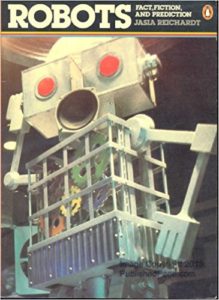Do you all experience flow? Or rather, as I think everyone does at times, do you experience it often? Obviously I have written plenty of words in my life, but this is not generally something you experience when writing blog posts unless you are maybe excoriating someone in an unnecessarily profane way that is–fundamentally–unfair. Like, I hear from other people that this is a thing that might happen, I personally would never stoop to such levels, not even if I were blogging about J.D. Vance.
So, painting something, not a wall, that lets you achieve flow. Maybe even a wall, truly! I paint things with tiny details, sometimes setting the stork scissors to gnaw at the smallest sable brush till only a few hairs remain, fit for the fishscale mail on a lead orc figurine. Not lately, though. No, because I have been WRITING whole-ass NOVELS. Now, you will hear of my speed and think, huh, those must all suck because that is some Danielle Steele shit and first of all, how dare you. How dare you! Danielle Fernandes Dominique Schuelein-Steel has written 190 books, have you? Separately, her books do actually suck.
[click to continue…]





